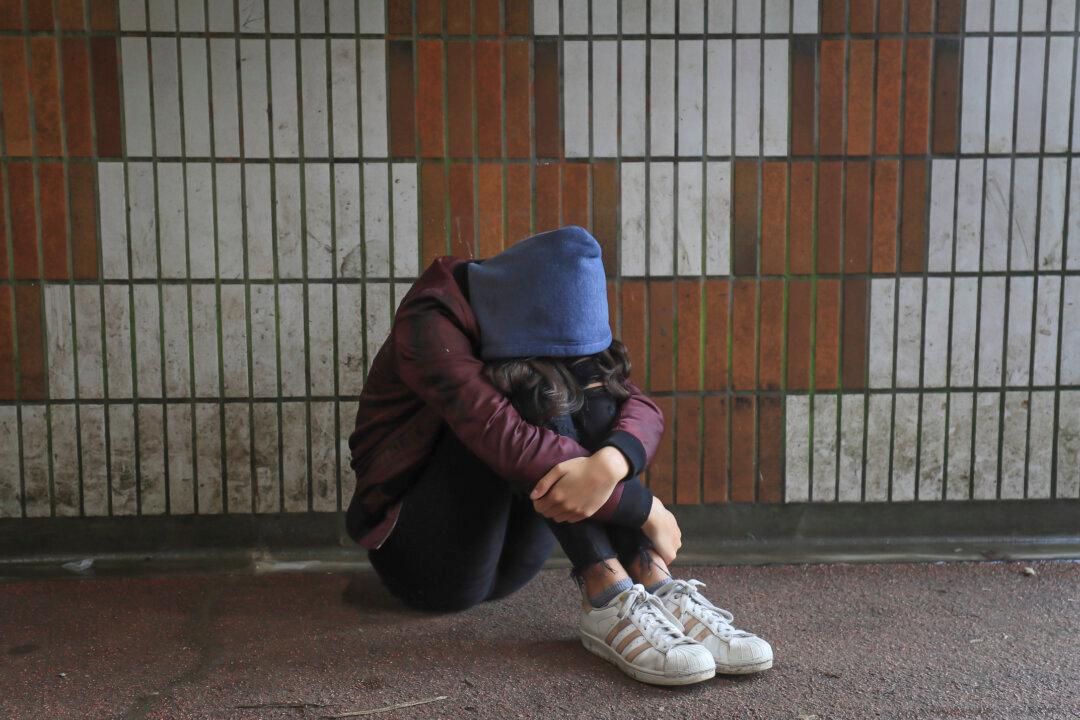The Australian Private Hospitals Association (APHA) has urged the federal government to lift the 10-year moratorium on overseas-trained psychiatrists to address the worsening mental health crisis.
This call follows the resignation of 205 public system psychiatrists in New South Wales (NSW) after the state government refused their demand for a 25 percent salary increase.





